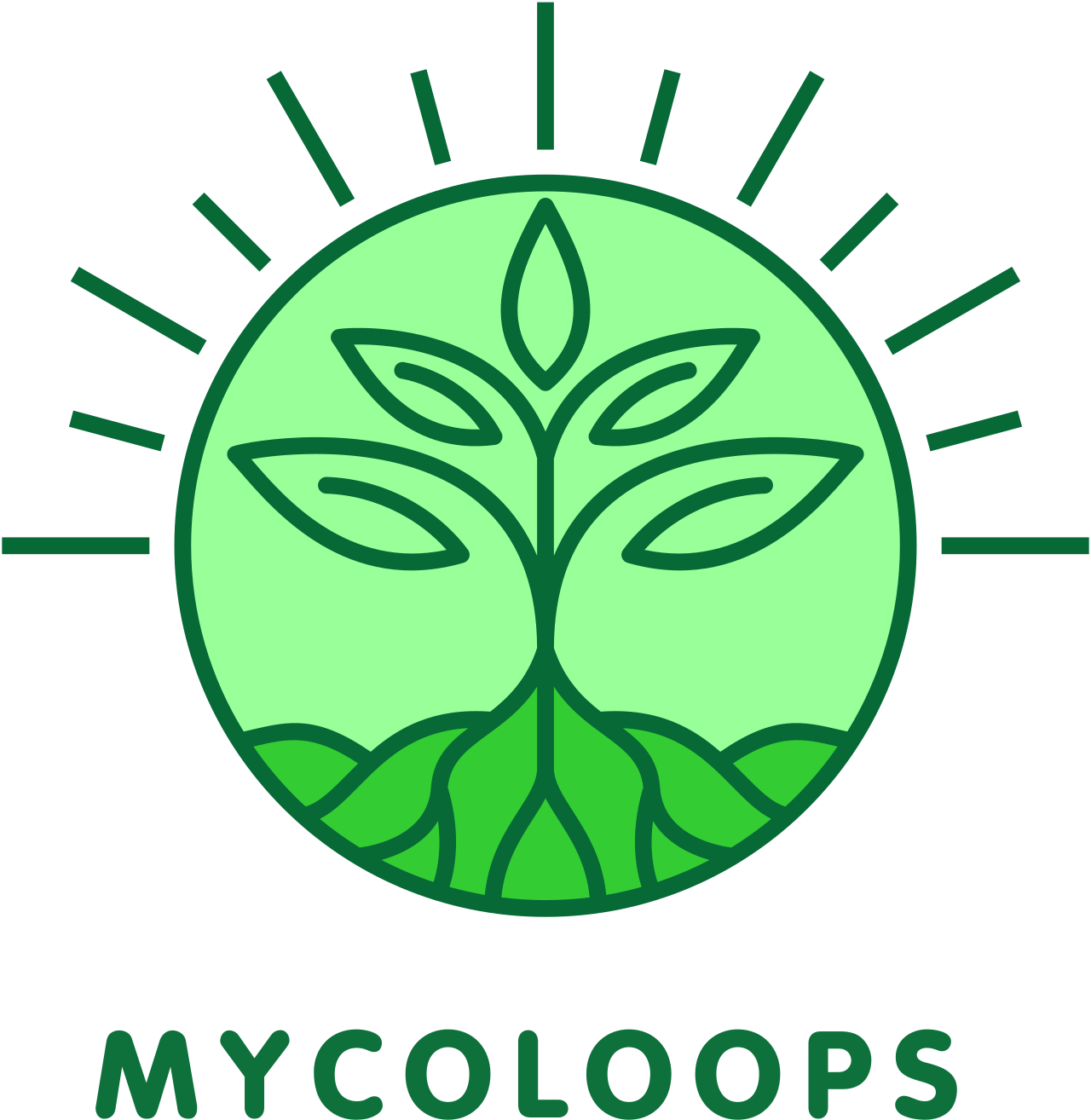
LOOPING THE CYCLES

MATERIALS
Engineering biological and sustainable solutions to help tackle the issue of waste, including redirecting and upcycling millions of tonnes of food and agricultural materials which are destined for landfill, is an endeavour which benefits the planet as well as the bottom line.
Waste Streams
-

Food Waste
Nearly ten million tonnes of general food and drink waste goes to landfill in the UK each year, and as it decomposes, it produces methane - a greenhouse gas which significantly damages the environment. By diverting food waste from landfills, we can help reduce such greenhouse gas emissions, and mitigate their impact. Also, by upcycling our food waste into high value byproducts, we can capitalise on all the water, energy, and land resources which went into creating the food in the first place.
-

Spent Coffee Grounds
One element of our food waste is spent coffee grounds, and hundreds of thousands of tonnes of used coffee ends up as landfill every year, generating more methane and carbon dioxide. However, waste coffee can also be upcycled into incredibly useful products such as biofuels (like coffee ‘bricks’ which can be used on fires instead of wooden logs). Waste coffee can also be utilised as a nutrient-rich biomass material which fungi like oyster mushrooms can be grown on.
-

Agricultural Waste
Currently the UK generates over four million tonnes of agricultural waste each year, which can have a massively detrimental impact on the environment. For example, if left untreated or improperly disposed of, agricultural waste can contaminate soil, water, and air: polluting our environment, and harming local ecosystems. Like food waste, agricultural waste can also represent a loss of valuable resources, including the water, energy, land, and labour, which has been used in its production.
